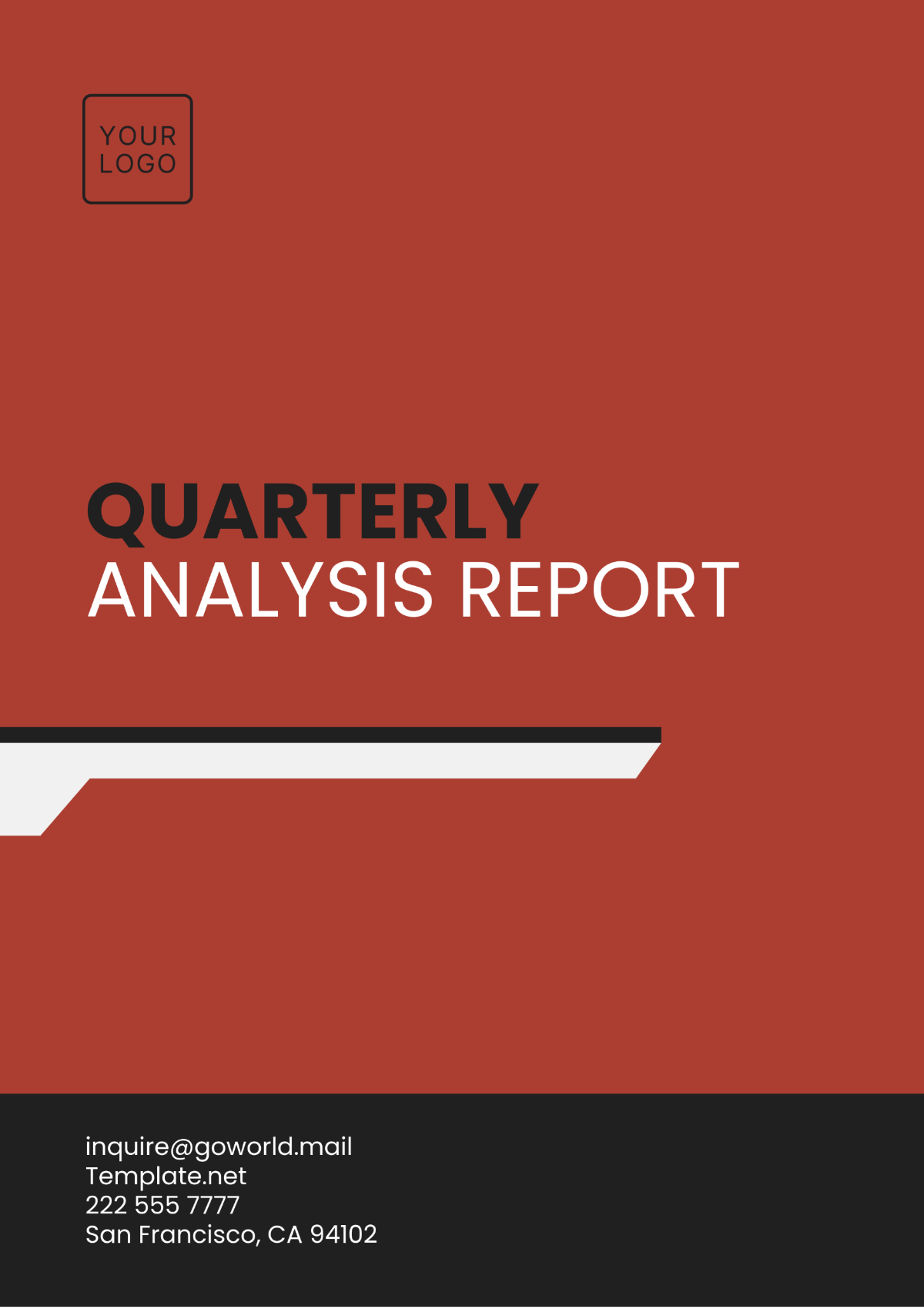STARTUP MARKET ANALYSIS
Prepared By: [Your Name]
Date: [Date]
Introduction
The startup ecosystem has become a pivotal player in global economic development, characterized by innovative solutions and agile business strategies. This analysis aims to provide a comprehensive overview of the current state of the startup market, identifying trends, challenges, and opportunities for prospective entrepreneurs and investors.
Market Overview
The startup market is diverse, spanning numerous industries such as technology, healthcare, fintech, and e-commerce. Each sector displays unique growth patterns influenced by technological advancements, consumer preferences, and regulatory changes.
Key Market Segments
Sector | Growth Rate | Key Trends |
|---|---|---|
Technology | 12% annually | AI and machine learning advancements |
Healthcare | 9% annually | Telehealth and personalized medicine |
Fintech | 15% annually | Blockchain and digital payments |
E-commerce | 10% annually | Mobile commerce and omnichannel retailing |
Trends Driving the Startup Market
The following trends are critically shaping the startup landscape, providing both opportunities and challenges:
Technological Innovation
Adoption of Artificial Intelligence (AI) across various sectors.
Growth of the Internet of Things (IoT), enhancing connectivity.
Increased focus on cybersecurity to protect digital assets.
Consumer Behavior Changes
Shift toward remote work and virtual collaboration tools.
Demand for sustainable and eco-friendly products.
Preference for personalized and immersive experiences.
Challenges in the Startup Market
Despite the vibrant growth, startups face numerous challenges that can impact their sustainability and scalability. Understanding these challenges is crucial for strategic planning and risk mitigation.
Funding and Financial Management
Securing adequate funding remains a critical hurdle. Many startups struggle with financial management, which can impede growth and lead to early-stage failure.
Competitive Landscape
The high number of startups entering the market increases competition, making it difficult for companies to differentiate themselves and capture market share.
Regulatory Compliance
Navigating complex regulatory frameworks can be daunting, especially for startups in heavily regulated sectors like healthcare and finance.
Opportunities for Growth
Despite these challenges, numerous opportunities exist for startups willing to innovate and adapt.
Emerging Markets
Expanding into emerging markets offers a chance to tap into new customer bases and reduced competition.
Partnerships and Collaborations
Strategic partnerships can provide access to new resources, expertise, and distribution channels.
Focus on Sustainability
Developing sustainable business models can attract environmentally conscious consumers and investors.
Conclusion
The startup market remains a dynamic and evolving ecosystem. By understanding current trends, challenges, and opportunities, startups can better position themselves for success. With the right strategies, they can leverage technological advancements, adapt to changing consumer behaviors, and overcome financial constraints to thrive in the global market.

















































